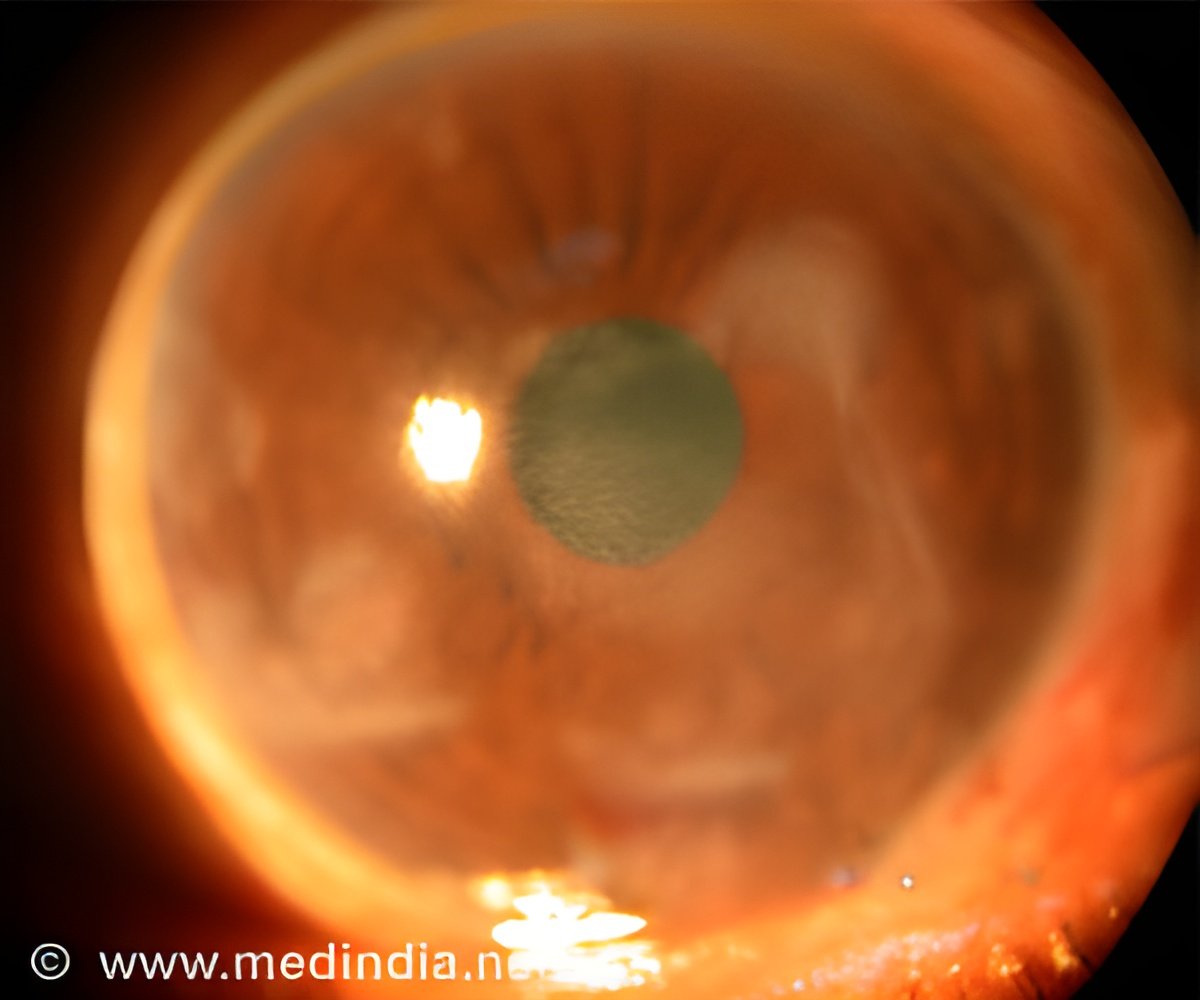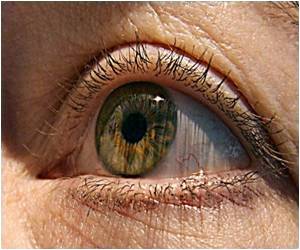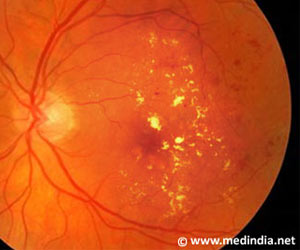Researchers say that other types of objects similar to face can now be recognized by people affected by face blindness following brain damage.

The finding provides fresh support for the idea that the brain mechanisms that process face images are specialised for that task.
"It also offers evidence against an 'expertise' hypothesis, in which the same mechanisms are responsible for recognition of faces and other highly similar objects we have learned to tell apart," said Constantin Rezlescu, a psychologist at Harvard University in Cambridge, Massachusetts.
The team trained two volunteers to recognize greebles - computer-generated objects that differ from one another in similar ways to faces.
The two volunteers spent eight training sessions of up to one hour learning to recognise 20 different greebles.
By the end of the training, they could tell individual greebles apart just as quickly - a sign that they had become experts in recognising them.
Advertisement
"The paper refutes a core prediction of the expertise hypothesis that a brain injury which severely damages face recognition should make it impossible for someone to become very good at telling apart individual members of any other category," Elinor McKone, a psychologist at the Australian National University in Canberra, told the Nature.
Advertisement
The study appeared in the journal Proceedings of the National Academy of Sciences.
Source-IANS









